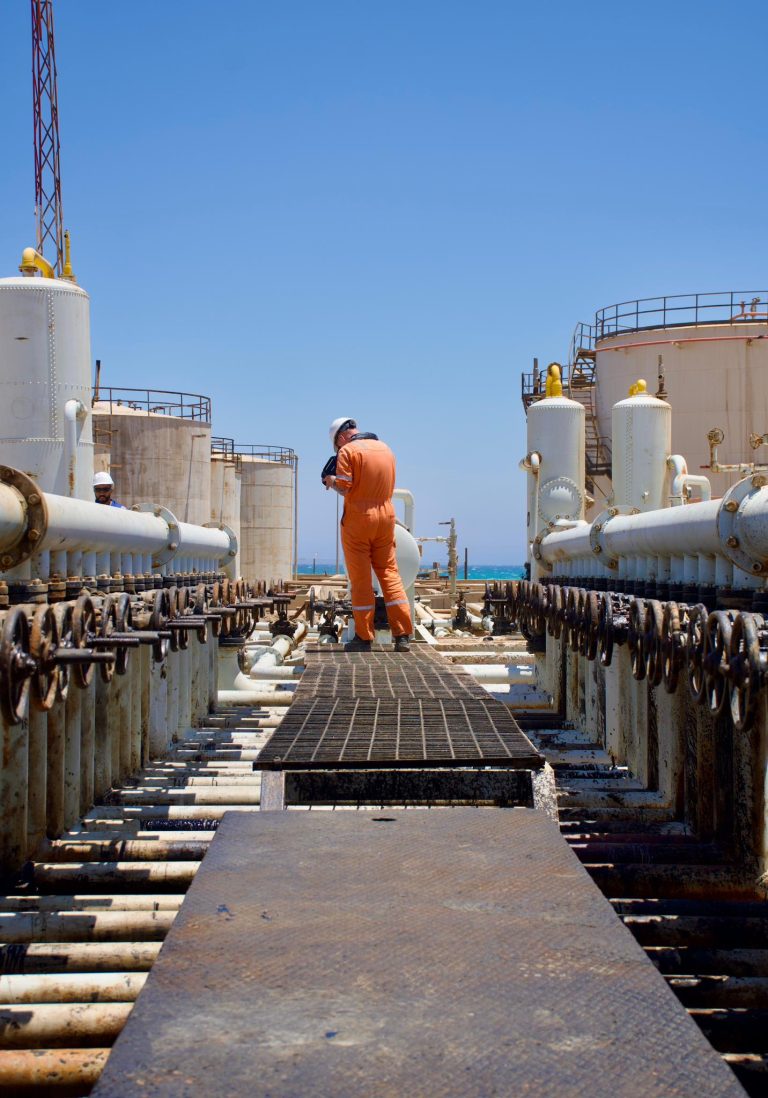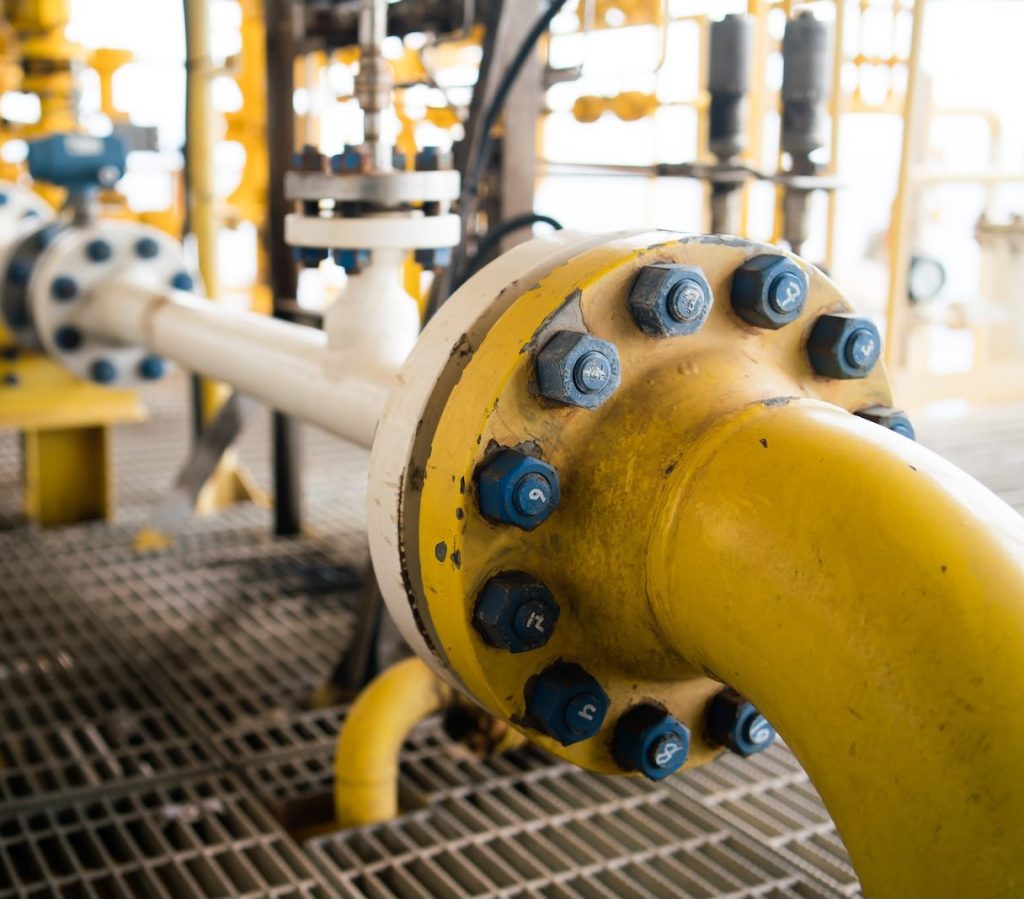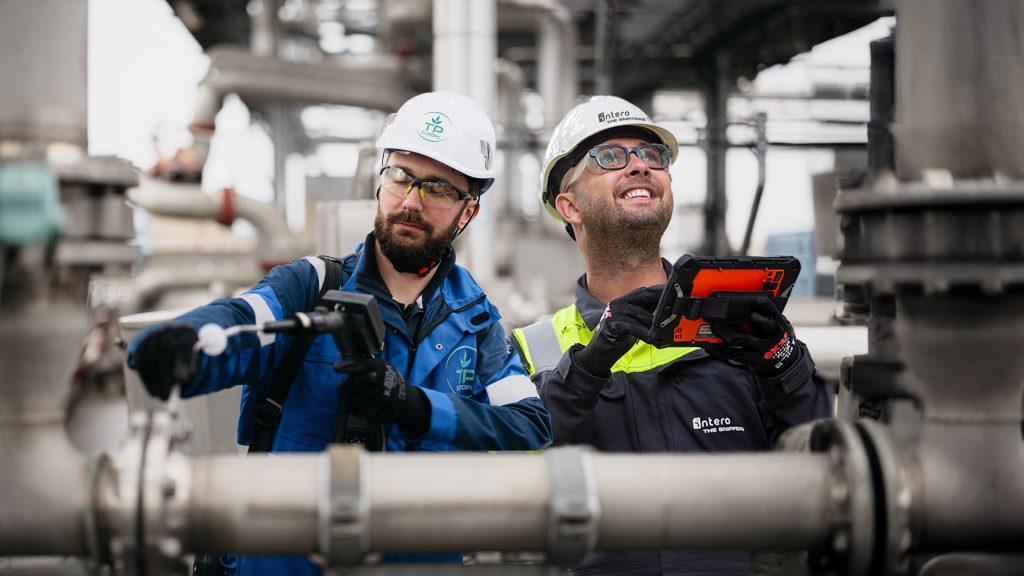Greece Methane Regulation: Comprehensive LDAR Solutions for Greek Companies
Greece has recently introduced strict methane regulations to combat the harmful effects of methane emissions on the environment. These regulations have a significant impact on Greek businesses, particularly those in the oil and gas, energy, and industrial sectors. To ensure compliance and avoid hefty penalties, companies must adopt effective Leak Detection and Repair (LDAR) programs.

Understanding the Greece Methane Regulation and Its Impact on Greek Businesses
The Greece Methane Regulation is a set of stringent rules and guidelines aimed at reducing methane emissions from various industries. Methane, a potent greenhouse gas, has a significant impact on climate change, and the Greek government has taken decisive action to mitigate its effects.
Key Components of the Greece Methane Regulation
The regulation consists of several critical components, including:
- Mandatory LDAR programs for facilities with potential methane leaks
- Strict emission limits and reporting requirements
- Regular inspections and audits by regulatory authorities
- Penalties for non-compliance, including fines and operational restrictions
Component | Description |
LDAR Programs | Facilities must implement LDAR programs to identify and repair methane leaks |
Emission Limits | Strict limits on methane emissions from various sources |
Reporting Requirements | Companies must report their methane emissions and LDAR activities regularly |
Inspections and Audits | Regulatory authorities will conduct regular inspections and audits to ensure compliance |
Penalties | Non-compliant companies may face fines and operational restrictions |
Importance of Compliance for Greek Companies
Compliance with the Greece Methane Regulation is crucial for Greek companies to avoid costly penalties and maintain their reputation. Non-compliance can result in significant fines, operational restrictions, and damage to a company’s public image. Moreover, by adopting effective LDAR programs, companies can contribute to the global effort to reduce methane emissions and combat climate change.
LDAR: A Critical Component of Greece Methane Regulation Compliance
Leak Detection and Repair (LDAR) is a vital aspect of complying with the Greece Methane Regulation. LDAR programs help companies identify and fix methane leaks promptly, minimizing emissions and ensuring compliance with the regulation.
What is Leak Detection and Repair (LDAR)?
LDAR is a systematic approach to identifying and repairing leaks in equipment and components that can release methane into the atmosphere. The process involves using various techniques, such as optical gas imaging, flame ionization detectors, and ultrasonic leak detectors, to locate leaks and initiate repairs.
Benefits of Implementing LDAR Programs in Greece
Implementing an effective LDAR program offers numerous benefits for Greek companies, including:
- Compliance with the Greece Methane Regulation
- Reduced methane emissions and environmental impact
- Improved operational efficiency and cost savings
- Enhanced safety for employees and surrounding communities
- Positive public perception and corporate social responsibility
By investing in LDAR, Greek companies can demonstrate their commitment to environmental stewardship and position themselves as leaders in the fight against climate change.
LDAR Techniques for Effective Methane Leak Detection
Several LDAR techniques are available to help companies detect methane leaks effectively:
- Optical Gas Imaging (OGI): OGI cameras use infrared technology to visualize methane leaks, making it easier to pinpoint the source of the leak.
- Flame Ionization Detectors (FID): FIDs measure the concentration of hydrocarbons in the air, helping technicians identify the presence of methane leaks.
- Ultrasonic Leak Detectors: These devices detect the high-frequency sound waves generated by pressurized gas leaks, allowing technicians to locate leaks in noisy environments.
- Soap Solution: A simple, low-tech method involves applying a soap solution to suspected leak points and watching for bubble formation.
By employing a combination of these techniques, companies can ensure a comprehensive and effective LDAR program that meets the requirements of the Greece Methane Regulation.

Ensuring Compliance with Greece Methane Regulation through LDAR
To comply with the Greece Methane Regulation, companies must develop and implement a comprehensive LDAR plan tailored to their specific facilities and operations. This process can be complex and time-consuming, requiring expertise in methane regulations, LDAR techniques, and best practices.
Developing a Comprehensive LDAR Plan for Greek Facilities
A comprehensive LDAR plan should include the following elements:
- Identification of potential leak sources
- Selection of appropriate LDAR techniques
- Determination of leak detection frequency
- Establishment of leak repair procedures and timelines
- Documentation and reporting of LDAR activities
By working with experienced LDAR professionals, such as those at TPEurope-EM, Greek companies can develop a customized LDAR plan that meets the requirements of the Greece Methane Regulation and aligns with their unique operational needs.
Best Practices for Implementing LDAR in Greece
- Conduct regular training for LDAR technicians
- Use high-quality, calibrated leak detection equipment
- Prioritize repairs based on leak severity and potential environmental impact
- Maintain accurate records of LDAR activities and leak repairs
- Continuously monitor and improve the LDAR program based on performance metrics

Common Challenges Faced by Greek Companies in LDAR Implementation
Implementing an LDAR program can present several challenges for Greek companies, including:
- Complexity of the Greece Methane Regulation
- Lack of in-house expertise in LDAR techniques and best practices
- High costs associated with LDAR equipment and training
- Difficulty in identifying and accessing leak sources in complex facilities
- Time constraints for conducting LDAR surveys and repairs
To overcome these challenges, many Greek companies choose to partner with experienced LDAR service providers, such as TPEurope-EM, who can provide the expertise, resources, and support needed for successful LDAR implementation.
TPEurope-EM: Your Trusted Partner for Greece Methane Regulation Compliance
TPEurope-EM is a leading provider of LDAR solutions and methane regulation compliance services for Greek companies. With years of experience and a deep understanding of the Greece Methane Regulation, our team of experts is well-equipped to help your company navigate the complexities of LDAR and ensure compliance.
Tailored LDAR Solutions for Greek Companies
We understand that every company has unique needs and challenges when it comes to LDAR and methane regulation compliance. That’s why we offer customized LDAR solutions tailored to your specific requirements. Our services include:
- LDAR program development and implementation
- Leak detection surveys using state-of-the-art equipment
- Leak repair management and documentation
- Compliance reporting and record-keeping
- Training and support for in-house LDAR teams
By working closely with your team, we can develop an LDAR solution that meets the requirements of the Greece Methane Regulation while optimizing your resources and minimizing operational disruptions.
Our Expertise in LDAR and Methane Regulation Compliance
At TPEurope-EM, we have a proven track record of helping companies across various industries develop and implement effective LDAR programs. Our team consists of certified LDAR technicians, environmental consultants, and regulatory experts who stay up-to-date with the latest developments in methane regulations and LDAR best practices.
Proven Track Record of Successful LDAR Implementation in Greece
TPEurope-EM has successfully helped numerous Greek companies achieve compliance with the Greece Methane Regulation through effective LDAR implementation. Our clients span various industries, including oil and gas, energy, and manufacturing, and have consistently reported significant reductions in methane emissions and improved operational efficiency.
Frequently Asked Questions about Greece Methane Regulation and LDAR
What are the penalties for non-compliance with Greece Methane Regulation?
Non-compliance with the Greece Methane Regulation can result in significant penalties, including fines, operational restrictions, and even criminal charges in severe cases. The specific penalties depend on the nature and extent of the violation, as well as the company’s history of compliance. To avoid these consequences, it is crucial for Greek companies to prioritize compliance and invest in effective LDAR programs.
How often should LDAR surveys be conducted in Greece?
The frequency of LDAR surveys depends on several factors, including the type of facility, the potential for methane leaks, and the requirements of the Greece Methane Regulation. In general, the regulation requires more frequent surveys for facilities with higher leak potential, such as those in the oil and gas sector. TPEurope-EM can help you determine the appropriate survey frequency for your facility based on a thorough assessment of your operations and regulatory requirements.
What equipment is required for LDAR in Greece?
To conduct effective LDAR surveys, companies need specialized equipment capable of detecting methane leaks. This equipment may include:
- Optical Gas Imaging (OGI) cameras
- Flame Ionization Detectors (FIDs)
- Ultrasonic leak detectors
- Toxic Vapor Analyzers (TVAs)
- High-volume samplers
TPEurope-EM uses state-of-the-art LDAR equipment to ensure accurate and reliable leak detection, and our team of certified technicians is trained in the proper use and maintenance of this equipment.
Take Action: Ensure Your Company's Compliance with Greece Methane Regulation
Don’t wait until it’s too late to address your company’s compliance with the Greece Methane Regulation. Take action today to ensure your facility is prepared for the challenges and opportunities presented by this new regulatory landscape.
Schedule a Consultation with TPEurope-EM's LDAR Experts
Contact TPEurope-EM today to schedule a consultation with our LDAR experts. We’ll work with you to assess your company’s compliance needs and develop a customized LDAR solution that meets the requirements of the Greece Methane Regulation.
Request a Customized LDAR Plan for Your Greek Facility
Request a customized LDAR plan from TPEurope-EM to ensure your facility is fully prepared for compliance with the Greece Methane Regulation. Our team will conduct a thorough assessment of your operations and develop a comprehensive plan tailored to your specific needs.
Stay Informed: Subscribe to Our Greece Methane Regulation Updates
Stay informed about the latest developments in the Greece Methane Regulation and LDAR best practices by subscribing to TPEurope-EM’s newsletter. Our team of experts regularly shares valuable insights, tips, and resources to help Greek companies navigate the complexities of methane regulation compliance.
By taking these steps, you can position your company for success in the face of the Greece Methane Regulation and demonstrate your commitment to environmental stewardship and corporate social responsibility.
CCO TP Europe.
Joey, Chief Commercial Officer at TP Europe, thrives in sales, drawing satisfaction from client happiness and the company's growth. His dedication to staying connected to the field and ambition for global expansion are key to driving our mission forward.
Published: Tp Europe

